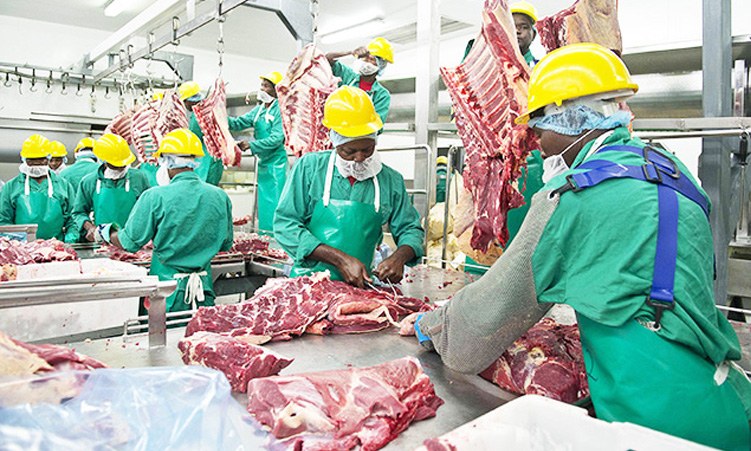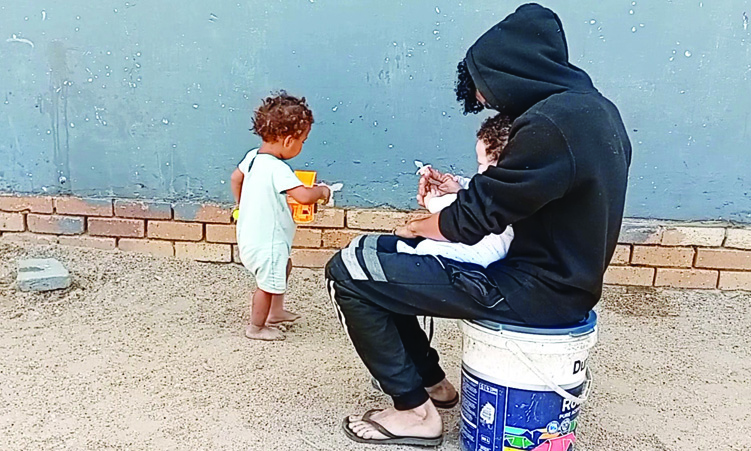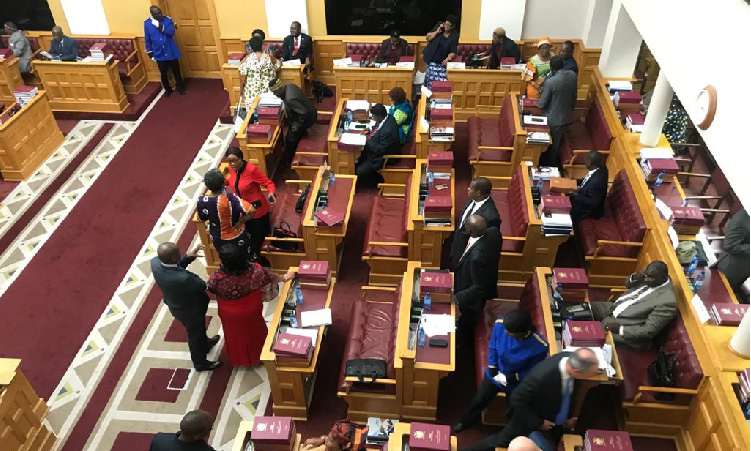She started writing at the age of four. By 13, she began writing poetry, and by age 24, Malawian Upile Chisala made it to the prestigious Forbes Africa’s 30 under 30 list.
Preferring the term “storyteller”, Chisala is considered to belong to Malawi’s third generation of writers, the generation said to be taking an experimental approach to style.
As a teenager, Chisala moved to the United States to pursue her education. While studying sociology at New Mexico State University, she turned to poetry to express herself and process her experiences with racism.
After graduating in 2015 and struggling to find permanent employment, Chisala self-published her first anthology, ‘soft magic’, which reads like a healing journey.
This debut collection explores various themes like identity, the self, joy, blackness, gender, matters of the heart, the diaspora experience and spirituality.
While ‘soft magic’ is not my favourite collection by the poet, the writing is smooth and nurturing enough that it kept me interested.
Today and all days,
I am thankful for women of colour who love/write/create/emote from the root and never apologise for their magic.
It is easy for me to read this poem, second in the collection, and feel like Chisala writes for me alone, a trend that continues throughout her writing.
In 2017, she published her second collection, ‘nectar’, which explores self-love, depression and her relationship with her parents.
Chisala’s growth as a writer and as a poet was evident in ‘nectar’.
Her hope with this collection was to encourage the reader to sow their seeds and make changes in the lives of others. This collection also featured poems on healing, as well as those that fill one with hope for the future.
Following the book’s success, Chisala signed a book deal with the United States publisher Andrews McMeel Publishing, which then republished her first two books, as well as her third collection, ‘a fire like you’, in 2020.
This collection, a little more fierce than the previous two, celebrates moments of triumph and beauty, and deals with themes of love, loss, desire and empowerment. It feels like Chisala reclaimed her identity as a black Malawian woman in ‘a fire like you’.
I was born on a Wednesday,
Raised a good black child with bubbles in her hair.
Quiet and curious, at first, quieter and less curious, later.
Where does it go, this fearlessness and hunger for the world?
Who kills it in black girls?
Chisala ends this poem, titled ‘Let Black Girls Be’, with the line “Black girls were made for boldness and boundlessness”.
‘A fire like you’ remains my favourite collection by the poet. It again shows Chisala’s growth as a poet, and it covers many truths about being a modern African woman.
She writes a poem to her grandmother, her gogo, who in another poem she tells “I guess your heart needed the rest after a whole life of holding everyone in it”, where she apologises for being the granddaughter she is.
Gogo, you told me that was one of your favourite songs. I’m sorry I’m still not good at being still and I’ve never quite got around to knowing God.
But even if I don’t cross my legs like you asked, and I pick fights with Jesus like you asked me not to, I am still many things you can be glad in. Just trust and know that I am still many things you can be glad in.
This message to her grandmother encapsulates Chisala’s writing, as well as the journey her poetry has taken. It apologises for what it will never be, but it remains steadfast in that which it is.
Her writing is smooth and easy to digest, especially for those new to poetry or those trying to find a starting point. It celebrates and embraces the past, but it is modern and relatable – a feat that keeps me excited for whatever Chisala writes next.
Stay informed with The Namibian – your source for credible journalism. Get in-depth reporting and opinions for
only N$85 a month. Invest in journalism, invest in democracy –
Subscribe Now!









